Whilst students were free to be leisurely on our student-free days this term, staff were engaged in ongoing and new learning opportunities.
What did we do?
On Tuesday 5 September, nineteen staff members, including SSOs, flew to Melbourne to visit Keilor Views Primary School. Staff spent the day touring the school, working with their teachers on curricula, teaching and learning, and interacting with students. We hope to build connections with this school and continue to exchange professional learning opportunities.
Some staff remained in Adelaide and chose to:
- work with a specialist in the area of Autism Spectrum Disorder, Lexie Dryden from Autism Spectrum Australia.
- debrief on school visits to St Andrew’s School, Walkerville and Rose Park Primary School, the previous week. This team attended an Early Childhood Organisation (ECHO) ‘Inspiring Open Spaces’ session on Saturday 27 August. They also shared learning about History, English and Digital Technologies.
- work in areas linked to their area of expertise
- visit schools in Adelaide linked to Inquiry and Digital Technologies
Our most recent Student Free Day, Friday 16 September, was spent with our partnership of schools at Sheidow Park Primary School. Special Guest Facilitators shared and guided us with our ongoing work in numeracy/maths, growth mindsets, executive function, and student voice. We have been fortunate to work with these three facilitators over the past two years and this day saw the emergence of new research impacting on student learning, teacher reflections on the Numeracy Project involvement and the culmination of initiatives such as Student Learning Rounds.
Professor Martin Westwell (Director – Flinders Centre for Science Education in 21st Century) – focussed on growth and failure mindset, research and our story as a partnership, including analysis of our data and the links to research.
The research shows how adult perception of failure impacts student growth mindsets. When adults view failure as debilitating and are anxious and concerned about poor performance they tend to rescue students for not being smart enough, resulting in students thinking their intelligence is fixed. When adults believe that failure facilitates learning and growth and focus on learning and improvement, viewing setbacks as catalyst for learning students are more likely to believe they can grow their intelligence.
A new way of thinking is emerging where positive failure mindsets in adults could directly impact growth mindsets in kids and teach them perseverance or grit if… failures become interesting, informative and motivating.
Deb Lasscock (Project Officer – Flinders Centre for Science Education in 21st Century) connected the work of Martin and Sarah with the work of teachers in the partnership including conversations from teachers in the Numeracy project and transference into other curriculum areas.
Sarah Millar (TfEL Pilot Leader) provided us with an overview of the Student Learning Rounds Project.
The structure of the day allowed for listening to and interpreting research and data, teacher reflections, professional discussions among colleagues and networking with colleagues from other sites.
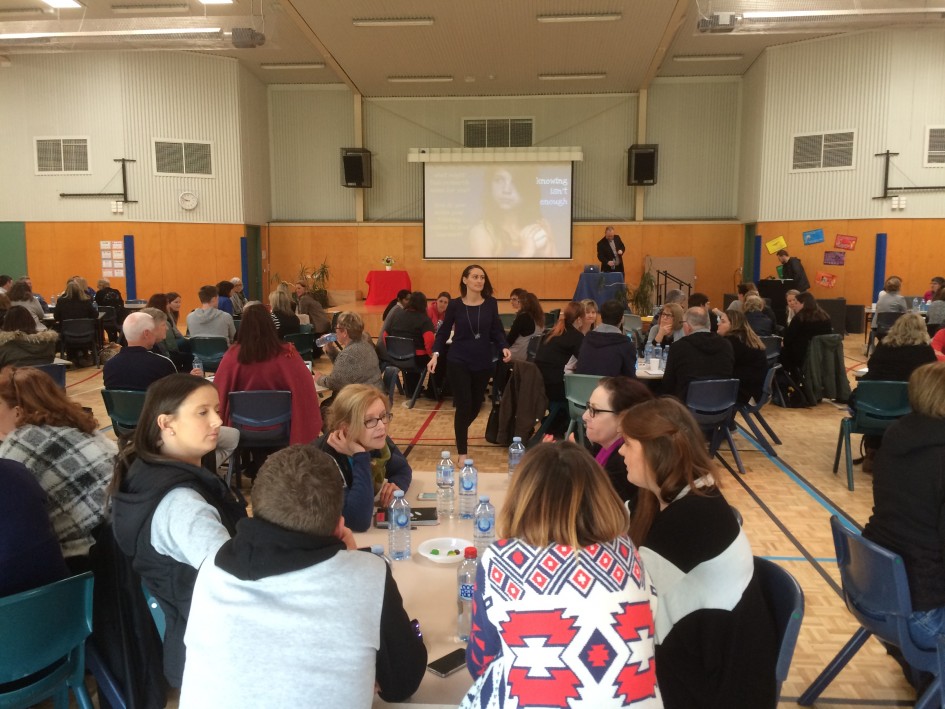
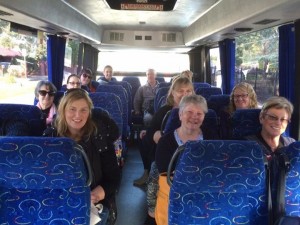
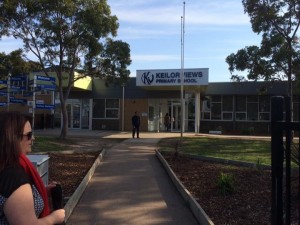
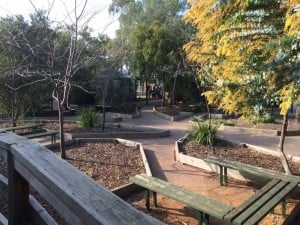
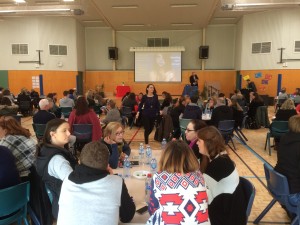

Leave a Reply